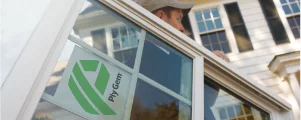EMPOWERING ENERGY EFFICIENCY USING ACCESSIBLE DATA
Cornerstone Building Brands leverages our centralized ESG data platform, Pulsora™, and our utility management platform, EMSys, to monitor our energy consumption and identify areas of opportunity for emission reductions such as renewable and low-carbon energy sources. In 2022, we leveraged the platforms to establish a performance baseline to inform future opportunities for emissions reduction. We also rely on analytics from these platforms to identify sites for focused energy audits and region-specific water conservation initiatives.










